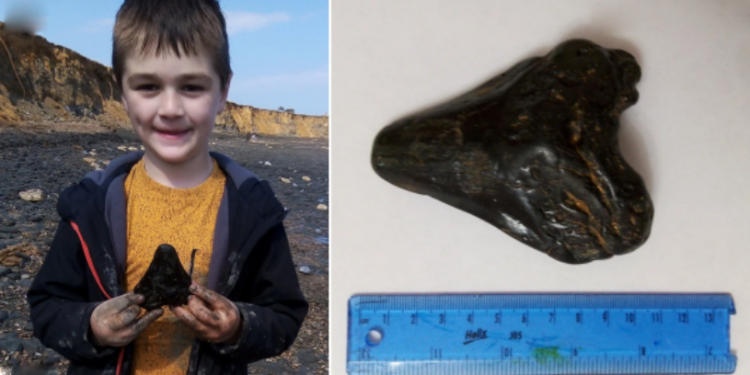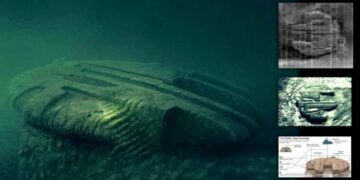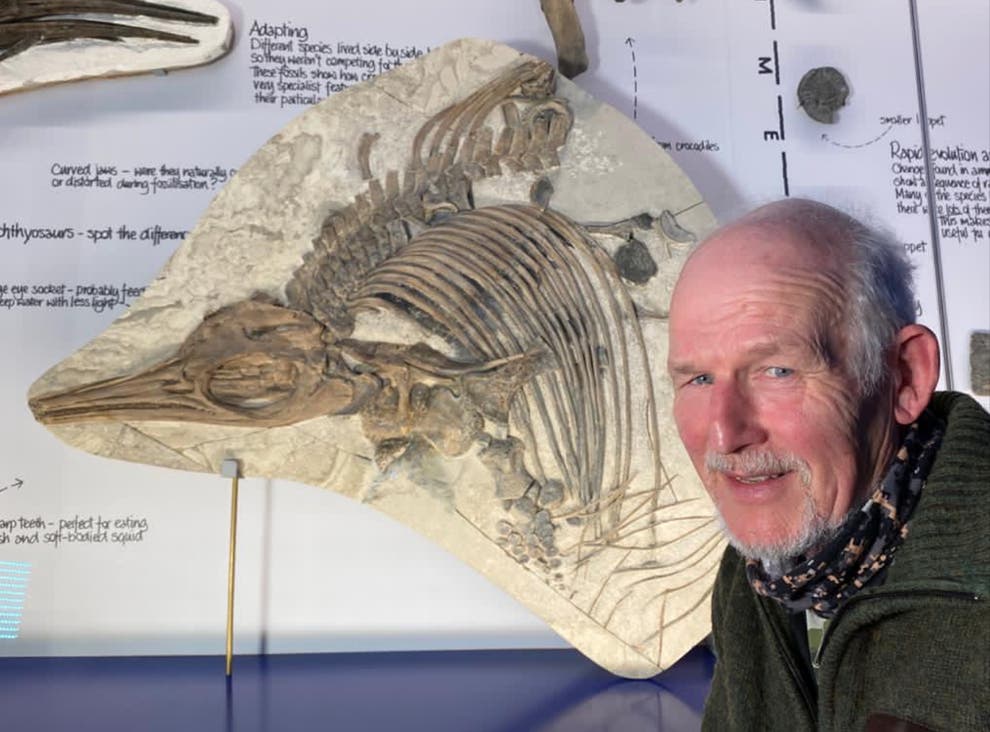While exploring for shells on a beach in the United Kingdom, a six-year-old child discovered a three-million-year-old megalodon shark tooth.
According to Metro, Sammy Shelton discovered the four-inch teeth while investigating Bawdsey Beach in Suffolk, a known fossil-seek area.
According to the Daily Mail UK, Sammy’s father, Peter Shelton, a retired GP from Bradwell, Norfolk, claimed that his son was so excited by his find that he now sleeps with the tooth next to his bed.
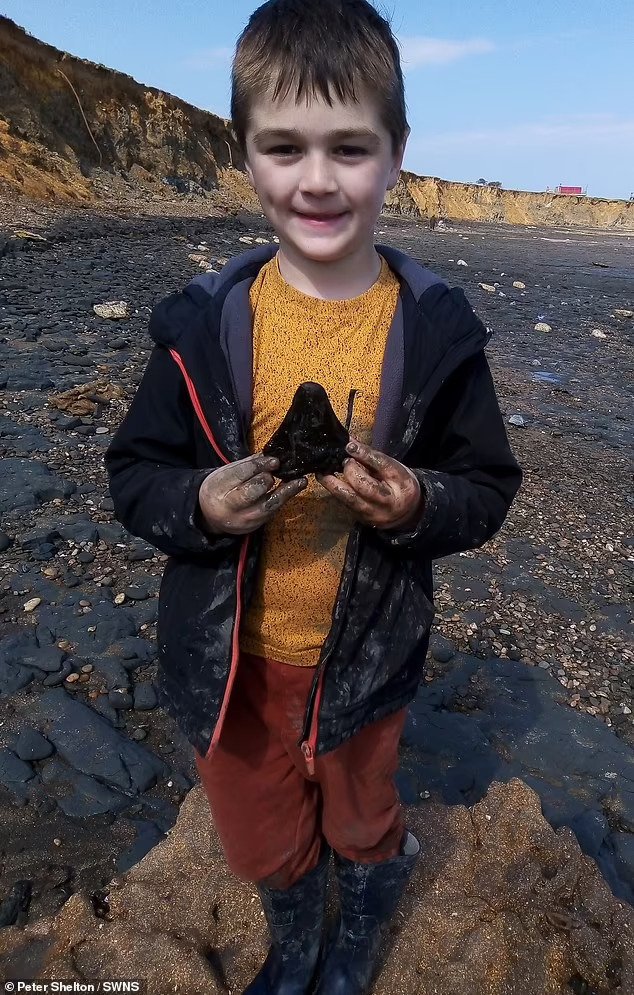
“It was enormous and incredibly hefty.” I knew what it was, but it wasn’t until I showed it to others on the beach that I realized what it meant.
“There was one guy down there who had been seeking a megalodon tooth his entire life and had never discovered anything this big.”
His father also stated that Sammy enjoys bringing the megalodon fossil to school, which amuses his classmates. After discovering the tooth, he got an explorer badge from his local Beavers club.
Ben Garrod, an evolutionary scientist, told the Great Yarmouth Mercury that he has been looking for a megalodon fossil since he was Sammy’s age and has been unsuccessful.
“This young guy is the first human in nearly three million years to touch this.”
“He is holding the tooth of the world’s greatest predatory shark, which will interest the paleontology community.”
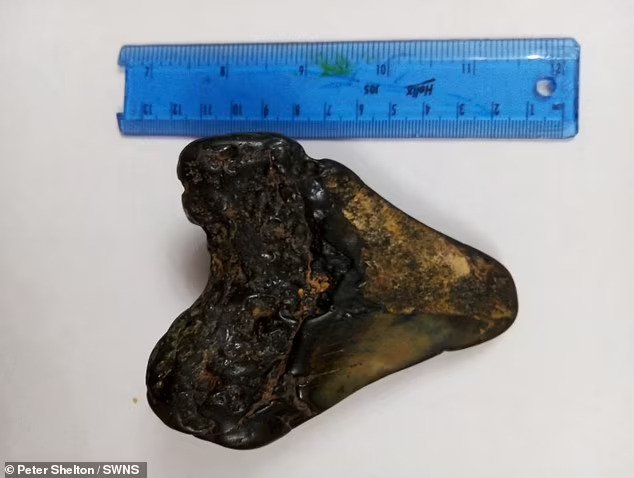
According to the Natural History Museum’s website, the whale-killing shark may grow 20 meters (67 ft) long, three times the size of any great white shark.
The shark could expand its jaws roughly 2.7 by 3.4 meters long while confronting its victim, quickly eating two adult people.
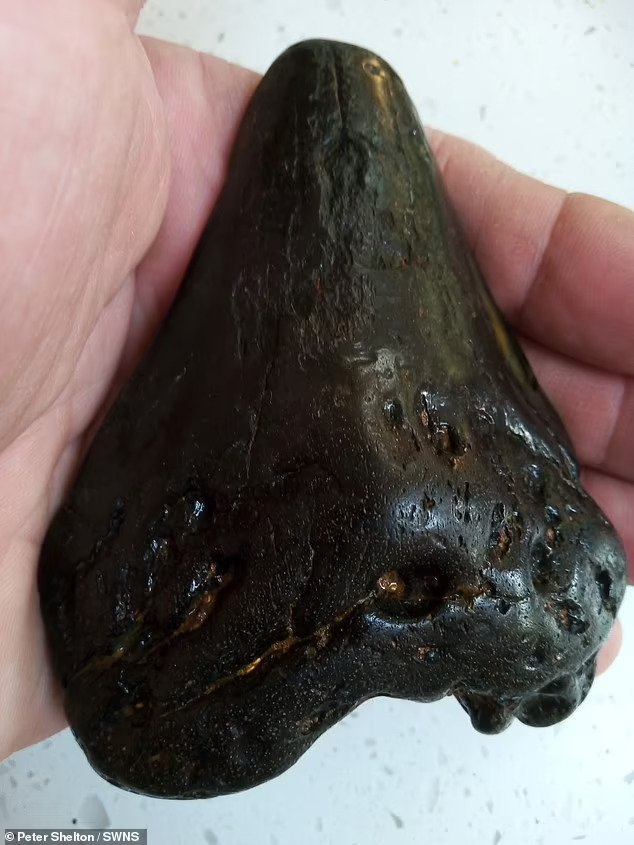
“We can locate many of their teeth off the east coast of North America, along the shores and at the bottom of saltwater streams and rivers in North Carolina, South Carolina, and Florida,” she explained.
“They are also fairly prevalent off the coast of Morocco and areas of Australia,” Bernard noted. They are even found in the United Kingdom, in Walton-on-the-Naze, Essex.”

